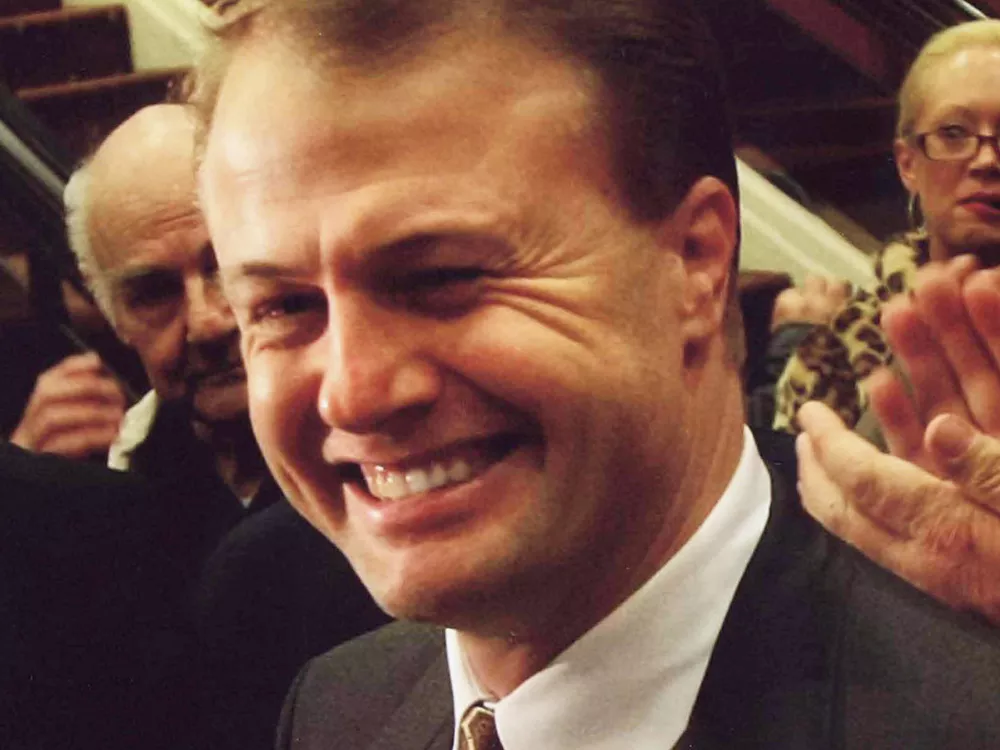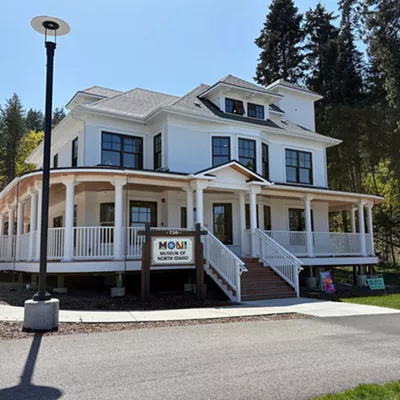And that’s precisely the case. In 2010, voters overwhelmingly approved for the fourth time an initiative that would require two-thirds of state legislators’ approval to raise taxes.
But legislators have pushed back, voting to annul the initiatives as soon as they could. And now the courts are involved: The 2010 law was ruled unconstitutional earlier this year by a state Superior Court judge. That ruling has been appealed to the state Supreme Court, which, according to initiative guru Tim Eyman, has previously supported the supermajority rule.
But Eyman isn’t taking any chances. He’s gathering signatures for a brand-new supermajority initiative known as I-1185. Eyman is confident that if 300,000 valid signatures can get into the Secretary of State’s Office by July 6, Washingtonians will support a supermajority threshold again in November’s general election.
So far lost in the legal debate is one question: Does requiring a supermajority vote for raising taxes actually help a state’s bottom line?
The answer is far from clear. “I think that our sense of it is it really increases the power of extremists and special interests,” says Michael Leachman, director of state fiscal research for the nonprofit Center on Budget and Policy Priorities. “A small minority of legislators and special interest lobbyists can thwart the will of the majority.
“It really makes it more difficult for a state to properly handle its finances,” he says.
Leachman cites recent examples in states like Arizona and Maryland where budget projections were way off base and, in those cases, a supermajority rule makes it harder to correct those miscalculations.
And since some taxes get shifted into fees like license tabs or state college tuition, Leach man says, the supermajority rule doesn’t necessarily produce fewer taxes.
“We compared state and local taxes levels in supermajority states to non-supermajority states,” he says. “We’ve found them to be virtually identical over the last three decades.”
And then there are taxes that aren’t indexed for inflation. Leachman says gas taxes, which typically fund road projects, are set at one price. But 10 or 20 years down the road, a gas tax at such price can’t provide the same amount of funding. Continuing his litany against the supermajority initiative, Leachman adds that it can hurt a state’s chances at selling bonds for large projects “Those rules reduce the state’s ability to raise revenue,” Leachman says. “That makes the states less trustworthy.”
Fifteen other states have supermajority thresholds to raise taxes, according to the Center for Fiscal Accountability, a project by Americans for Tax Reform, a nonprofit begun by Grover Norquist in 1985 that opposes tax increases of any kind.
When asked whether he looked to another state as a model for budget reform, Eyman brushes off the question.
“We’re not that philosophical,” Eyman says.
Eyman adds that the fact that so many other states have adopted the supermajority approach means it isn’t controversial. And the fact that Washington has had it before — the Legislature has repealed earlier versions of the initiative — proves that it’s not the doomsday issue opponents paint it to be.
“Even when it’s in effect, the sky didn’t fall,” Eyman says. “The sun still rose in the morning.”
Another study of states with supermajority thresholds concludes that the measure is squarely in the middle of the pack of spending-control solutions. Supermajority thresholds rank fifth out of 11 different options, according to the Mercatus Center at George Mason University, a marketbased academic think tank.
The supermajority threshold isn’t just popular with voters. Eyman sent an email last week bragging about I-1185’s donors: oil companies Conoco and BP each donated $100,000, and the Beer Institute $400,000.
Secretary of State Sam Reed called it “ironic” that the initiative process was designed to get around special interests and has now become one populated by moneyed interests.
“These special interest groups have found it easier to buy their way onto the ballot with paid signature gatherers,” Reed, who personally opposes the initiative, says.
But Eyman sees it the opposite way. He says lobbyists come down to legislative sessions demanding extra spending, or protecting their clients from certain tax increases. And I-1185 will save the public from those promises.
“The only way you fail with an initiative is if you don’t qualify for the ballot,” he says.
In that case, Washingtonians will know in just a couple of



















